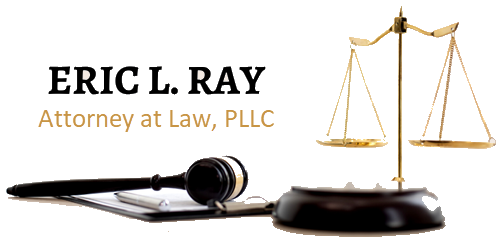“Your neighbor is going to say that she saw you shoot him.”
“Well, that is just hearsay!”
“No, that is eye witness testimony.”
First, we should get the formal definition out of the way. Hearsay is defined as “a statement, other than one made by the declarant while testifying at the trial or hearing, offered in evidence to prove the truth of the matter asserted.” KRE 801(c). So, there are two parts to what hearsay is, when it is used by a criminal defense attorney in court. First, “a statement, other than one made by the declarant while testifying at the trial or hearing.”, which means that we do not want people coming in to trial and quoting other people. So, for example, at trial, if the neighbor is not called as a witness, but her husband is called and he testifies “My wife told me she saw the defendant shoot him.”, that is hearsay. A defense attorney should object to hearsay because the wife made that statement out of court. This part of the rule makes perfect sense, because we want to be able to question witnesses about their statements. It would not be fair to have the neighbor’s husband testify about she said she saw because we want her to come to court and say it herself.
The next part is “offered in evidence to prove the truth of the matter asserted.”, which sounds complex, but really is not. Let’s say the neighbor comes in to testify and she is asked “The shooting happened at 3:00 am, why were you awake at that hour?” and she replies “My daughter came and woke me up screaming ‘Mommy there are monsters under my bed!”” Would the statement by the daughter be hearsay? The mother is quoting what the daughter said outside of court, so it meets the first requirement, but it fails the second. The daughter is “asserting” that there are monsters under her bed, so is that statement being offered to prove that there are actually monsters under her bed? No. The statement is being offered to show why the mom was awake to see the shooting, so it is not hearsay and is allowed.
So, in normal life, hearsay translates into gossip or just someone’s word that something occurred. In criminal court, it has an entirely different meaning. Although, the rule of hearsay has over 25 exceptions, so it is not as hard and fast as it appears.

Recent Comments